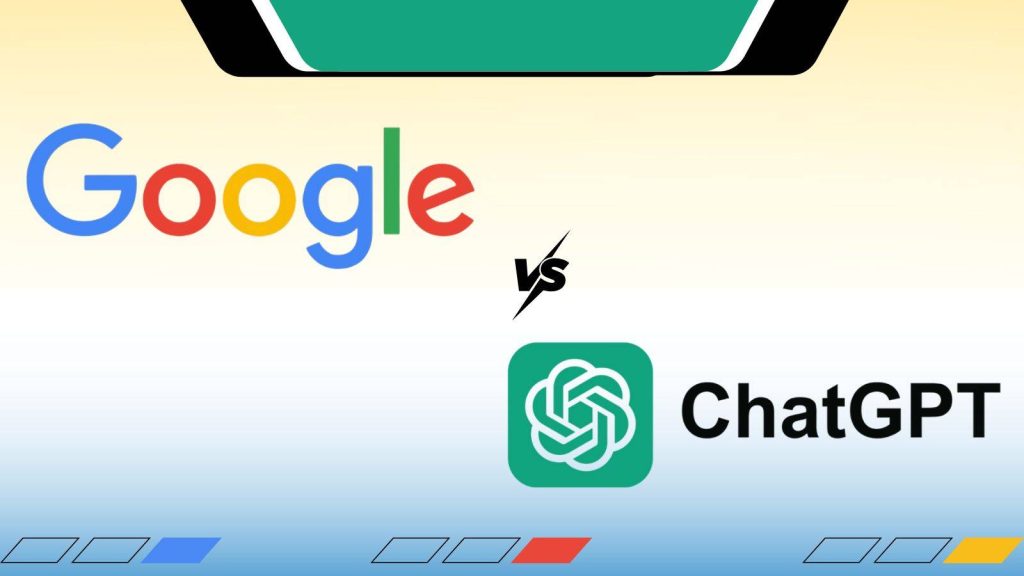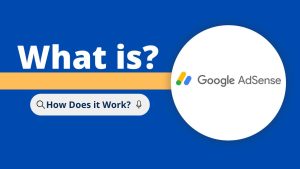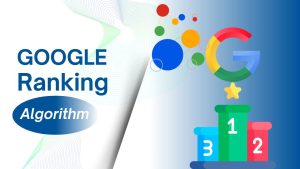A $100 Billion Wake-Up Call
In an unprecedented moment for the tech world, Alphabet Inc., the parent company of Google, saw its market value tumble by over $100 billion in a single trading day. This massive drop highlights not just a temporary market reaction but a fundamental concern: Google’s long-held dominance in search and browsing may be under serious threat.
The cause? OpenAI’s launch of ChatGPT Atlas, an AI-powered web browser that promises to redefine how users interact with online information. A single statement by OpenAI CEO Sam Altman, calling the browser “a once-in-a-decade opportunity to rethink what a browser can do,” sent shockwaves through the investor community.
Analysts note that this moment reflects a broader trend in which AI innovations are increasingly shaping market perceptions and valuations, particularly in sectors long dominated by legacy tech giants like Google.
Investors are not just worried about the immediate impact on stock prices but also the long-term implications for Google’s search engine business model, which contributes a vast majority of its revenue.
ChatGPT Atlas: OpenAI’s Bold Browser Move
ChatGPT Atlas isn’t just another browser; it represents a paradigm shift in how users experience the web. Unlike traditional browsers, Atlas integrates powerful AI features directly into the interface, allowing users to perform complex tasks without leaving the browser.
Some key features include:
- Agent Mode: ChatGPT can actively execute multi-step tasks such as booking flights, comparing product prices, generating personalized recommendations, and even summarizing lengthy documents. This feature essentially turns the browser into a virtual assistant capable of acting on behalf of the user.
- Dual-Screen Interface: The ability to see a webpage alongside ChatGPT’s interactive AI transcription makes research and content consumption more efficient. Users can highlight text, get instant summaries, and even receive actionable insights without leaving the page.
- Personalization & Memory: Atlas can remember user preferences, past queries, and even preferred writing styles for summaries. This memory allows hyper-personalized experiences, ensuring users don’t have to repeat tasks or instructions each time they open the browser.
Industry experts note that this level of AI integration directly challenges Google Chrome’s functionality, which has traditionally been focused on speed, extensions, and compatibility rather than deep AI personalization.
Competitive Landscape: AI Browsers Emerge
OpenAI is not alone in the AI browser revolution. Competitors like Perplexity’s Comet, Brave AI, and Opera Neon are all racing to integrate AI features that enhance research, content creation, and productivity. Each of these browsers offers unique capabilities, but ChatGPT Atlas stands out due to its seamless integration of OpenAI’s advanced language models and AI-assisted workflows.
In response, Google has accelerated its AI initiatives, incorporating its Gemini AI model into Chrome and other services. While Google remains the dominant player with billions of users worldwide, the rise of AI-native browsers indicates a potential shift in user behavior—moving from traditional keyword-based search to AI-driven, contextually aware browsing experiences.
Analysts suggest that the competition between AI-powered browsers could reshape the entire digital ecosystem, forcing legacy companies to innovate faster or risk losing relevance in the evolving AI landscape.
Google’s Search Dominance Under Threat
For years, Google Search has enjoyed a global market share above 90%, making it the backbone of the internet economy and online advertising revenue. However, with the rise of AI-assisted browsers, Google’s grip on search may be loosening.
AI browsers like ChatGPT Atlas offer instant, summarized, and actionable results, reducing the need for users to click through multiple search results or ads. This shift could have serious implications for Google’s ad-driven revenue model, which accounts for more than 80% of its total income.
Google now faces increased regulatory scrutiny in several regions, and the emergence of AI-powered competitors adds another layer of strategic complexity. Analysts predict that while Google will maintain dominance in raw search queries for the near future, its monopoly on user engagement and ad revenue may face its biggest challenge in a decade.
Financial Implications: A $100 Billion Loss
Alphabet’s stock market reaction was swift and severe. The nearly 5% intraday drop wiped billions off its market capitalization and sent ripples across the technology sector. Investors are questioning whether Google can maintain its traditional business model in a world increasingly dominated by AI-driven platforms.
Beyond the immediate market loss, the announcement raises long-term strategic concerns. If AI browsers reduce dependency on traditional search engines, Google’s core ad revenue, which is heavily reliant on search traffic, could see a gradual decline over the next few years.
Market analysts now recommend monitoring OpenAI’s browser adoption rates, AI integration strategies by Google, and user engagement metrics as key indicators for future stock performance.
Road Ahead: Navigating the AI-Driven Future
Launch of ChatGPT Atlas represents more than just a new browser—it’s a glimpse into the future of AI-driven web experiences. OpenAI plans to expand the browser to Windows, iOS, and Android, targeting a broad global audience and positioning Atlas as a direct competitor to Google Chrome across all platforms.
Meanwhile, Google is not standing still. The company is doubling down on AI integration, improving Chrome with Gemini AI, and exploring enhanced personalization and automation features. The upcoming years are likely to see intense innovation and competition in the browser market, with user experience and AI capabilities as the key battlegrounds.
This AI-driven shift is poised to redefine digital interactions, influence how information is consumed, and potentially transform the advertising ecosystem that Google has dominated for decades. Users, investors, and tech enthusiasts alike are watching closely as this story unfolds.
As AI browsers become more intelligent, personalized, and integrated, both Google and OpenAI will have to continually innovate to maintain their positions. One thing is clear: the digital landscape is evolving, and AI is no longer a supporting player—it is now at the center of the browsing experience.






